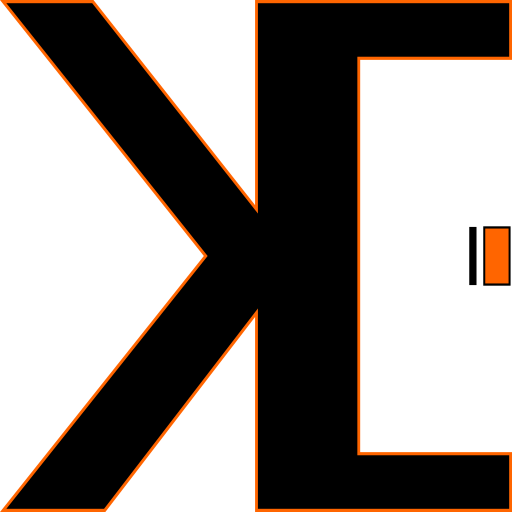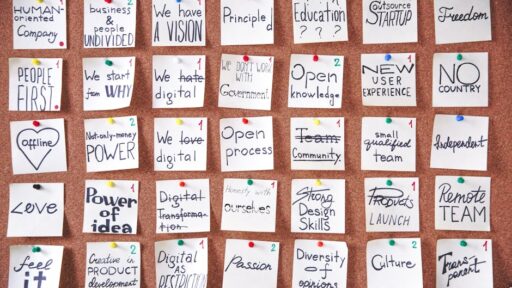Optimizing Global Remote Teams: The Future of Productivity
In the evolving landscape of remote work, the promise of increased freedom and creativity has often been overshadowed by the challenges of productivity across distributed teams. While traditional monitoring tools focus on tracking hours, they fall short of capturing the nuances necessary for global team success.
Take the example of GlobalTech, which faced a significant productivity drop after expanding operations internationally. The key issue? Time zone differences led to a dramatic 99% reduction in real-time collaboration, compounded by cultural and legal constraints in Germany.
Research highlights that synchronous communication decreases by 11% for every hour of time zone difference, and rigid labor laws further limit flexibility. This misalignment resulted in missed deadlines and stalled projects, a fate avoidable with the right tools.
Enter Traqq, an AI-driven productivity management tool that transcends mere time logging. By considering geography, time zones, and activity patterns, Traqq offers insights into optimal work times and team efficiency. This approach enables managers to align tasks with peak productivity periods, reducing delays and improving performance.
Furthermore, Traqq facilitates smarter resource allocation and hiring decisions by identifying the most productive teams and locations. This not only enhances ROI but also respects cultural work habits, such as the structured schedules favored by German teams versus the flexible approaches seen in other regions.
The real transformation lies in understanding and leveraging cultural nuances. For instance, German teams prefer agenda-driven meetings, while their Japanese counterparts opt for frequent, shorter check-ins to maintain alignment. Recognizing these patterns allows for a restructuring of workflows that can boost productivity by up to 25%.
Importantly, Traqq is not about surveillance but empowerment. It provides transparency into work habits without invasive practices like screen recording, fostering a trust-based work environment. Employees gain insights to refine their schedules for efficiency, and managers distribute workloads fairly, avoiding the pitfalls of convenience-based assignments.
As businesses transition from rigid schedules to flexible, data-driven models, they position themselves at the forefront of remote work innovation. The future belongs to companies that master global time management and cultural alignment, securing productivity gains while fostering an empowered workforce.
Are you ready to lead the charge in optimizing your remote teams, or are you still waiting on that overdue email response?





